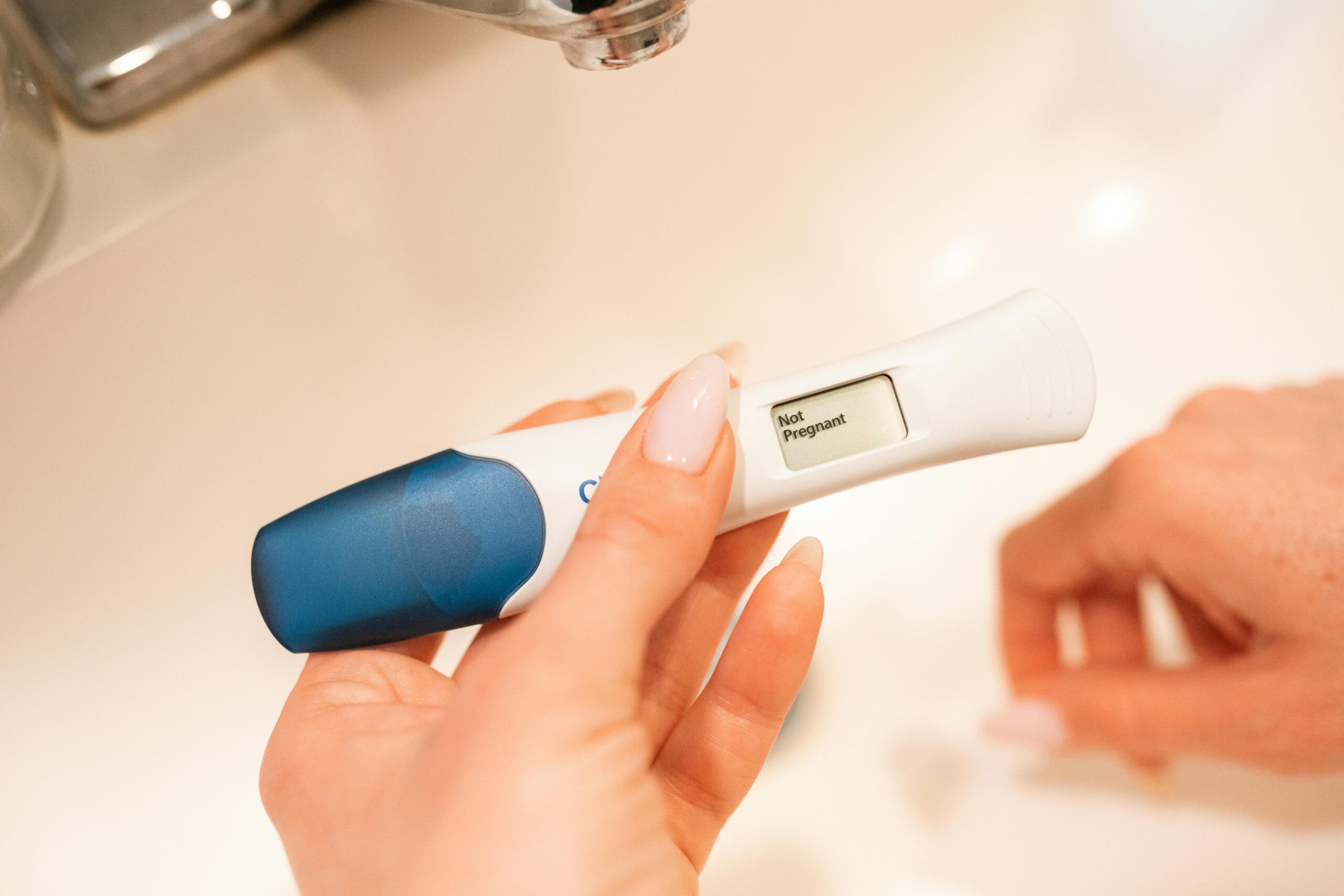
What is egg freezing?
In this article
What's the lowdown?
Egg freezing involves the collection of multiple unfertilised eggs to preserve for future use
It can either be done for medical or social reasons
The average cost of egg freezing is around £8,000
What is egg freezing?
Egg freezing is a type of fertility preservation where one or more unfertilised eggs (not mixed with sperm) are collected from the body and frozen for future use. Medically, egg freezing is called oocyte cryopreservation.
There are many reasons why women opt to freeze their eggs:
- Medical interventions that will affect your fertility such as chemotherapy or radiotherapy
- Gender reassignment surgery
- Choosing to have kids at a later age due to lifestyle factors eg relationship status, career, financial situation etc (this is called ‘social/elective egg freezing’)
There has been a big boom in the number of people choosing egg-freezing, jumping from 2,500 women in 2019 to 4,000 women in 20211. The exact reason for this rise is unknown but might be due to the change in the societal role of women in this century. Women are aware of the effect age has on egg quality2 and are choosing to freeze their eggs younger so they have better chances of pregnancy at an older age.
How to freeze your eggs
There are 3 main steps for egg freezing (3):
Ovarian stimulation
Your doctor will give you fertility medications ( synthetic hormones) which will stimulate your ovaries to mature multiple eggs at once. While on these medications, you will have routine blood tests and ultrasounds to monitor the progress of egg maturation. Once the doctor is happy with your progress, you will be given a ‘trigger shot’ to trigger ovulation and release the eggs from the ovary.
Egg retrieval
During this process, you will be lightly sedated so you do not feel any pain. A small plastic tube will be inserted into the vagina through the uterus and into the ovaries to collect the eggs. This is done under ultrasound guidance.
The doctor will try and collect as many eggs as possible. Research has found that in women under the age of 35, collecting 15 eggs gives you the highest chance of a live birth in the future4. This is not a guaranteed number and there are many other factors which can affect the success rate.
Freezing
Once all eggs are collected, there is still some time before we get to the freezing part. An embryologist (who is a scientist who specialises in fertility) will scrutinise the eggs to ensure they are mature enough to be frozen. If they do not fit this criteria they will unfortunately be discarded.
So where do your eggs go now?
Well, the mature eggs will be stored in a facility of temperature around -198 degrees Celsius. Brrr, that’s cold! It is not just popping the eggs into a freezer, but it involves a process called vitrification which protects the eggs from forming ice crystals during the process.
Thawing
When you have decided to start your family, you can ask your fertility clinic to thaw your eggs for use, usually with IVF or ICSI. Remember to use them before the 55 year storage limit is up5!
If you decide not to use your frozen eggs, you can either donate your eggs or choose for them to be discarded. There is no right answer, that decision is only yours to make.
How much does it cost to freeze your eggs?
In the UK, egg freezing costs around £3,350 but that does not include the medications which may be about £1500 and storage costs for the collected eggs, around £350 each year. Don’t forget, when you are ready to use your eggs, there is also a thawing and transferring cost, averaging £2500. All in all, you are looking at £80003.
Should I freeze my eggs?
There is no right answer to this. If you are thinking of elective egg freezing, you might want to consider the emotional and physical impact egg freezing can have on your body, the cost of the procedure and how far in the future you might plan on using the eggs.
Freezing eggs NHS
Fertility treatment policies on the NHS are determined by location in the UK. The criteria for NHS egg freezing is tight. To be eligible for egg freezing on the NHS, you have to be under 42 years of age AND have medical treatment that affects your fertility like chemotherapy or gender reassignment.
The National Institute for Health and Care Excellence (NICE) has guidelines to inform the funding for fertility treatments for each local authority area. However, the local integrated care systems for each location in the UK are allowed to set their own criteria which means that you might not be able to get egg freezing on the NHS even if you meet the NICE criteria6.
Egg-freezing success rates
According to Guy’s and St Thomas Specialist Care there is a 75% success rate of a live birth in women under 35 who freeze 15 to 20 eggs.7
Egg freezing age limit
There is clear evidence that age is an important factor in egg freezing and pregnancy success rates. Most clinics recommend freezing eggs before the age of 353. There is no clear age limit, and ultimately it depends on the clinic you visit and their rules.
Summary
Just because social egg freezing has been all buzz, do you have to do it too?
This is a good question to ask, are you freezing your eggs for yourself or because everyone else is doing it?
If it is something you are considering, make sure to do your research and speak to other people who have undergone the fertility procedure. Finding the right clinic that will cater to your emotional and fertility needs is very important. If you go ahead, please share your experience with other Lowdown community members, as we know there’s a lot of people who want to know more!
Our medical review process
This article has been medically reviewed for factual and up to date information by a Lowdown doctor.






